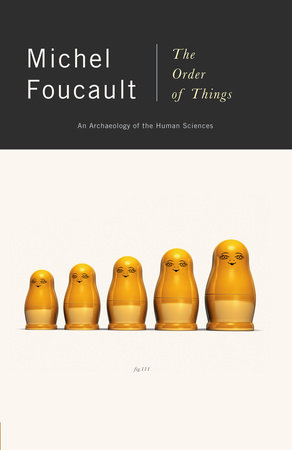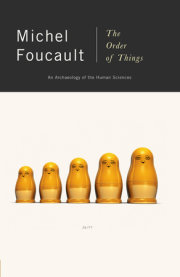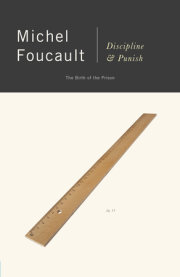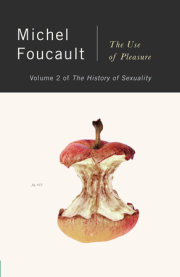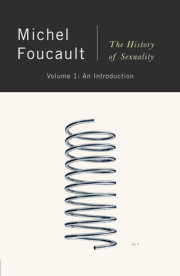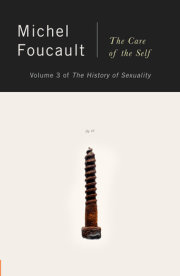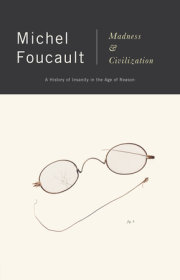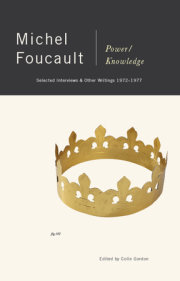Books for National Poetry Month
For National Poetry Month in April, we are sharing poetry collections and books about poetry by authors who share history, culture, beauty, and emotion through their work. Poetry Month – Middle School Titles Poetry Month – High School Titles

